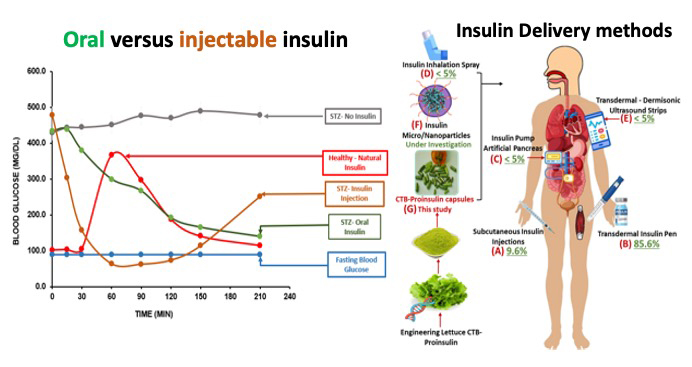
Insulin production has, for the last 50 or so years, come with some risks to the patient. Even so, the medication is lifesaving for the estimated 537 million adults living with diabetes worldwide, with that number expected to grow.
Recent clinical studies show that injection via insulin pens can cause insulin to reach the bloodstream so quickly that hypoglycemia, or blood sugar levels that dip below the healthy range, may result. Automated insulin pumps can deliver precise insulin and minimize this risk but are expensive and available only to a small portion of diabetes patients around the world.
Now, a plant-based, oral delivery of proinsulin could address these drawbacks, accord...
Read More








Recent Comments